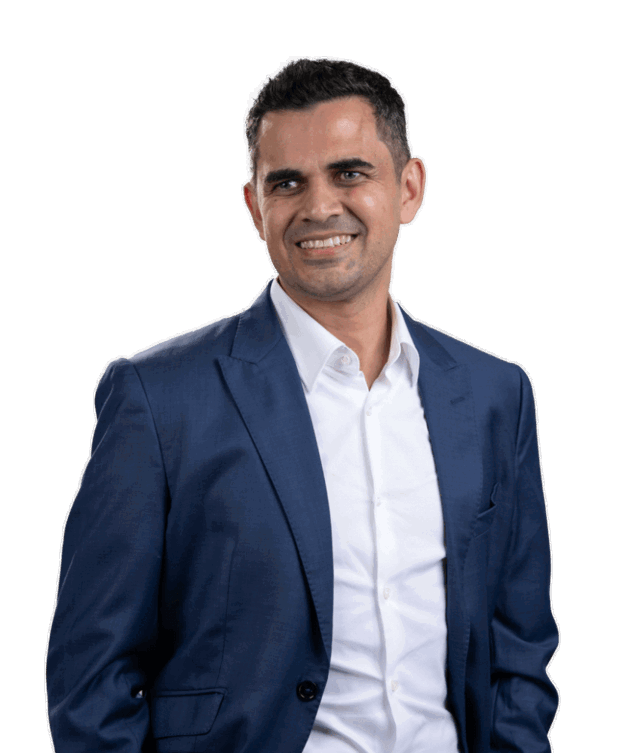Current state of the industry: A stalled momentum
The global business and financial services sector in Mauritius has experienced a mixed trajectory over the past decade. According to statistics from the Financial Services Commission (FSC) as of 31 December 2024:
- Management companies: 213 entities are operational, demonstrating significant growth—16% over the last five years and 22% over the last 10 years.
- Global business companies and authorised companies: 19,655 entities are licensed, showing a 5% decline in growth over the last five years and an 8% decline over the last 10 years.
- Global funds: There are 935 funds, reflecting an 8% negative growth over the last five years.
Challenges such as the change in status of the Double Taxation Avoidance Agreement (DTAA) with India, Mauritius being placed on the FATF grey list during a critical period and structural transitions like the replacement of GBL2 with Authorised Companies have contributed to this stagnation. However, despite these hurdles, Mauritius has maintained its reputation as a robust International Financial Centre (IFC). To ensure sustainability, the sector must innovate, embrace technology and address its weaknesses with a clear, strategic approach that focuses on execution.
Strategic execution of budget measures
The budget’s proposed strategies, including a dedicated Africa strategy, leveraging AI and IT technologies to enhance the financial services ecosystem, offer a glimmer of hope. However, the real challenge lies in implementing these measures effectively.
Dedicated teams must drive execution, monitor progress and adapt to emerging trends. Allocating resources wisely is critical, especially in attracting profitable Private Equity (PE) Funds and developing sustainable financial models. It is equally important to prioritise areas that offer the highest impact, such as boosting the multiplier effect of financial institution entities.
Mastercard Foundation's stance and its implications
Over the past decade, investment structuring has experienced a shift from single-jurisdiction setups to multi-jurisdictional models to cater to diverse investor needs. However, a significant development is Mastercard Foundation's solid stance that investments will only be placed through structures based in African jurisdictions. This decision underscores the growing importance of aligning strategies with continent-specific priorities and creates an urgent need for Mauritius to refine its African strategy.
To attract investment from entities like Mastercard Foundation and Development Finance Institutions (DFIs), Mauritius must implement measures such as dedicated public relations campaigns targeting African-friendly DFIs, fast-tracking PE fund applications and providing tailored incentives. Collaborating with Mastercard Foundation to meet its jurisdictional preferences could solidify Mauritius’ position as a preferred IFC.
Insights on Scandinavian DFIs investing in Africa
Scandinavian DFIs, renowned for their focus on climate-centric funds and impact investments, have been at the forefront of supporting sustainable projects in Africa. Their emphasis on Environmental, Social and Governance (ESG) criteria aligns well with Mauritius' goals to attract impact funds.
To leverage this opportunity, Mauritius must ensure compliance with DFI requirements on reporting standards and provide tailored incentives. Initiatives such as offering first-year waivers on processing fees for CIS Manager licenses and bundled packages for ESG-aligned investment managers could enhance the jurisdiction's appeal.
Collaboration with Scandinavian DFIs could further position Mauritius as a leader in attracting climate-focused funds. Hosting forums and events such as the Africa Private Capital Association (AVCA) to engage these decision-makers and showcasing the jurisdiction's readiness to support sustainable finance could be pivotal in driving investments.
Commitments from G7 DFIs
The G7 Development Finance Institutions have historically played a pivotal role in shaping the economic landscape of Africa. In 2021, their latest commitment—an $80bn investment targeting Africa's private sector—underscores their continued influence and dedication to fostering sustainable development. This initiative focuses on renewable energy, infrastructure and SMEs, aligning closely with Africa's goals for growth and resilience.
For Mauritius, aligning with the G7 DFIs' strategy offers an opportunity to strengthen connections and enhance its status as a key gateway for regional development.
By adopting frameworks similar to those utilised with Scandinavian DFIs, Mauritius can position itself to continue attracting impactful funds, foster ESG-compliant investments and host platforms that facilitate collaboration between decision-makers and G7 DFIs.
This alignment will not only support Mauritius’ credibility as an International Financial Centre but also cement its role as a strategic partner contributing to Africa’s sustainable growth trajectory.
Learning from successful jurisdictions
Jurisdictions like Jersey, Singapore and recent emerging jurisdictions like Rwanda offer valuable lessons in reinventing and sustaining thriving financial services sectors:
- Jersey: Regulatory excellence, innovation and partnerships have been the backbone of Jersey's success. Their focus on ESG-focused funds has bolstered their credibility and growth.
- Singapore: Singapore stands out for its dynamic approach to private equity and venture capital, including incentives for first-time fund managers and streamlined regulatory processes.
- Rwanda: Emerging as a financial hub, Rwanda’s alignment with African regional priorities and focus on impact investment have drawn significant attention.
Mauritius can reinvent itself by drawing from these examples and tailoring strategies to cater to Africa-bound investors.
Conclusion
Mauritius is at a critical juncture. While the challenges are undeniable, the opportunities are vast. Successful execution of the 2025/2026 budget measures, coupled with strategic partnerships, innovative incentives and alignment with emerging trends, can transform Mauritius into a premier gateway for Africa-bound investments.
Strengthening collaborations with entities like Mastercard Foundation and Scandinavian DFIs, alongside learning from global leaders, will ensure Mauritius’ financial services sector not only survives but thrives in years to come.
To find out more about how Oak can support you, contact a member of the team below or your usual Oak contact.




